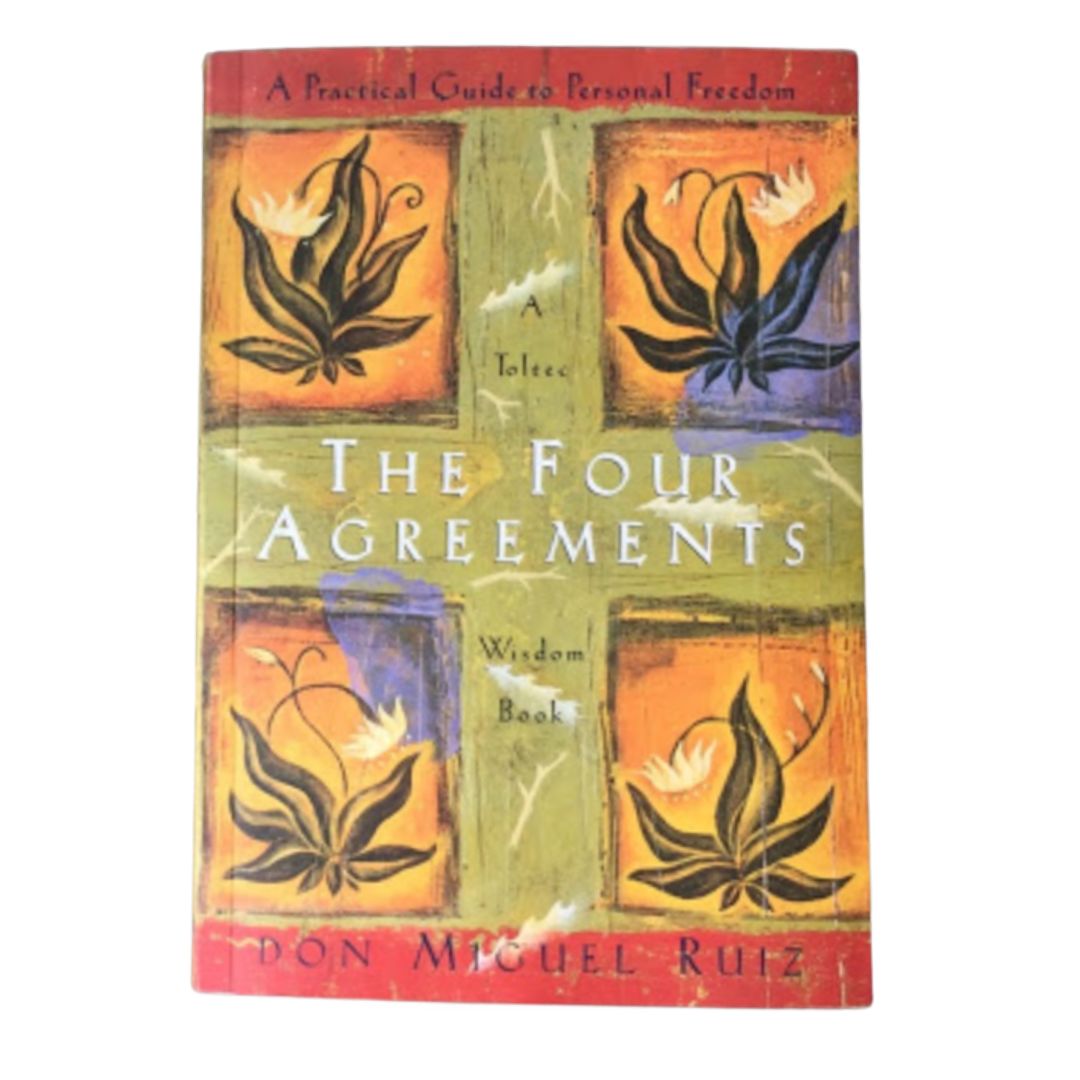When people hear about anxiety as a mental illness, they sometimes wonder: everyone gets worried sometimes. Isn’t anxiety just a normal part of life?
Yes, worry is a normal human emotion, and all of us will feel it at one point or another. Anxiety is much more complex than human worry; it’s a diagnosable mental health condition that severely disrupts people’s lives.
So how can you tell if your worrying is within “normal” limits or if you’re experiencing symptoms of an anxiety disorder? Here’s a quick guide to help you tell the difference.
What Is an Anxiety Disorder?
The first step to figuring out if you’re “just a worrier” or if you’re experiencing an anxiety disorder is to understand what anxiety is.
When people talk about having anxiety, they’re usually talking about a mental health condition called generalized anxiety disorder (or GAD). The symptoms of GAD include:
- Feeling worried, restless, or fearful about a wide range of topics, almost all the time
- Physical symptoms like muscle tension or stomachaches
- Feeling low on energy or fatigued
- Feeling dread or like something bad is about to happen
- Having trouble sleeping
- Difficulty concentrating
Other types of anxiety disorders include phobias, post-traumatic stress disorder (PTSD), panic disorder, and social anxiety disorder. Although it’s actually its own diagnostic category, obsessive-compulsive disorder (OCD) is also often talked about as an anxiety disorder.
Almost 20% of adults in the U.S. have an anxiety disorder in any given year.
Anxiety disorders are the most common type of mental illness -- even more common than depression. Almost 20% of adults in the U.S. have an anxiety disorder in any given year. If you do have a diagnosable anxiety disorder, there’s nothing to be ashamed of -- and you’re not alone.
How Is Worry Different from Anxiety?
Worry is a common human emotion. We might worry if someone we love hasn’t come home late at night, or if we have an important exam coming up. It’s probably even safe to say that every single one of us will experience worry at some point in our lives. So does that mean that every single one of us faces an anxiety disorder?
Fortunately, no. Anxiety is an extremely common mental health condition, but it’s not an experience that every single human faces. Worry is an emotion. Anxiety is a diagnosable mental illness that can (and should) be treated. Excessive worrying is a part of anxiety disorders, but it isn’t the whole story.
On top of worrying, people who live with anxiety disorders also experience a range of other symptoms. They may face physical symptoms, like muscle tension or muscle problems. They might also avoid anything and everything that triggers symptoms of anxiety for them. In very simple terms, an anxiety disorder is worrying that quickly gets out of control.
If you’re still not sure about the difference between “normal” worries and anxiety, ask yourself the following questions.
Related Product: Anxiety Workbook
Is my worrying disproportional to what is going on?
If your grandfather is in the hospital, or if you have a career-making presentation coming up soon, it’s normal to worry. Most people in these situations would be feeling the same way. But people with anxiety worry about things that most people wouldn’t worry about. They may worry when their partner doesn’t call them back immediately, for example, or worry that they’re going to be fired even though there’s no indication their work performance is lacking.
So ask yourself: would most people feel the same worry that I do in this situation, or am I blowing things out-of-proportion? Be honest with yourself. You may also want to consider asking other people if they would worry in the same situations that you do.
Does worrying take up most of my days?
Do you feel like you can’t distract yourself from your worries, no matter how much you try? Most people who don’t have an anxiety disorder are able to distract themselves from their worries. They might go out with a friend or watch a Netflix series to try to get their minds off the thing that’s causing them to worry.
For people with anxiety, worrying takes up almost all of their time. They are consumed with worry, and they’re often unable to think about anything else. Take note of how well you’re able to distract yourself or cope when you start worrying. If you feel like your worrying is out-of-control and takes up most of your time, you may have an anxiety disorder.
Related Blog: "Keys to Alleviating Stress and Anxiety"

Do I worry about real-life events, or things that haven’t actually happened?
People with “normal” worries usually worry about things that are actually going on -- take the above examples of a grandparent being in the hospital or an upcoming important presentation. These aren’t hypothetical situations; they’re really happening, and are understandably causing worry.
People with anxiety disorders often worry about things that aren’t actually happening in real life. In other words, they may worry about the what-ifs or the worst-case scenario in every situation. “Normal” worry is worrying when your grandfather is in the hospital. An anxiety disorder is worrying that your perfectly healthy grandfather will have to go to the hospital. Which category do your worries usually fall into?
Related Teachable Course: Decrease Feelings of Anxiety & Stress With Dr. Timmesha Butler
Do my worries negatively impact my quality-of-life in a significant way?
Mental health disorders, including anxiety disorders, must cause significant impairment to someone’s functioning to be diagnosed as an illness. So ask yourself: to what extent do your worries negatively impact your life? What areas of your life does your worrying affect?
For example, is your worrying so intense that it interferes with your relationships? Do you sometimes have to call out sick from work because of your worrying (or perhaps you feel like you can’t get a job at all because of anxiety)? Does it significantly bring down your overall quality-of-life? If so, then you may be facing an anxiety disorder.
Anxiety Is Treatable
The good news is that even if your worries cross the line into an anxiety disorder, there is hope for you. Anxiety disorders are treatable, and there are effective, evidence-based interventions out there to help you get a hold on your out-of-control worries once and for all.



